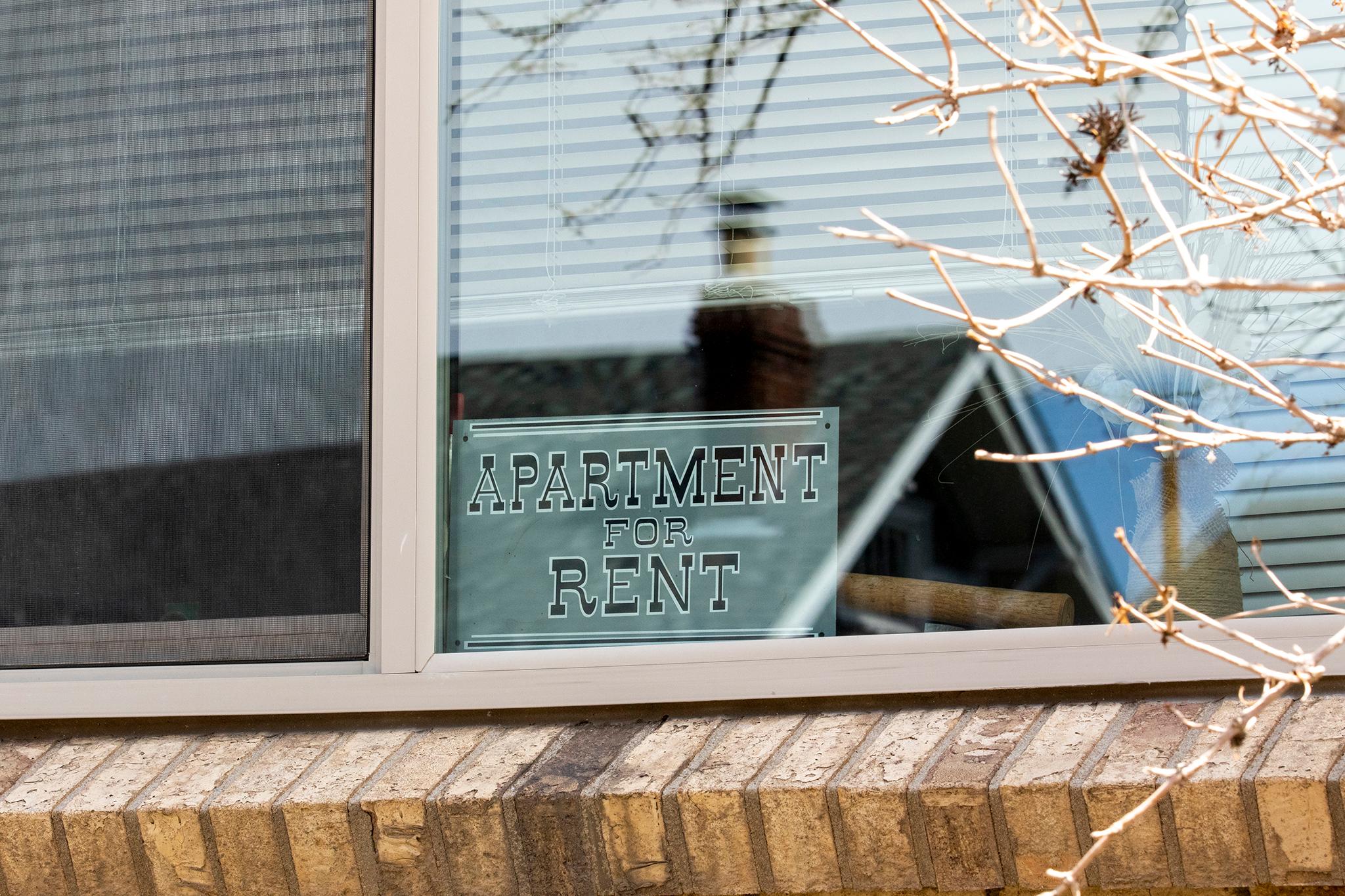Are Colorado landlords agreeing to artificially raise rents?
That’s what Colorado’s Attorney General Phil Weiser thinks. On Friday his office joined a number of other states and the U.S. Justice Department in a lawsuit against RealPage Inc., a software company that uses confidential data from landlords to suggest rent prices.
Thousands of Denver apartment units — maybe even yours — are owned by companies that use RealPage.
So, how does price-fixing work?
In a normal economy, companies compete for customers by offering the best value for their prices. But collusion happens when companies come together and agree to all raise prices together, forcing consumers to pay more. It’s illegal.
In this case, landlords aren’t all meeting in a room and agreeing to raise rents. Instead, they submit their confidential vacancy and pricing data to RealPage individually, and the algorithm spits out suggested prices.
That could be price-fixing, Weiser alleges.
He claims RealPage has pushed landlords to end lease perks like rent discounts, and can use information about vacancies to help landlords strategically pull rentals off the market, driving up rents.
“Half of renters in Colorado spend more than 30% of their income on housing costs,” wrote Weiser in a statement Friday. “Renters should benefit from healthy competition between landlords to find an apartment that fits their budget and needs. But RealPage’s software and market dominance have enabled collusion between landlords to fix rents, set the number of apartment available in the market, and harm renters by forcing them to pay rents above competitive levels.”
Denverite has reached out to RealPage for comment. The company has generally defended its software as a way to help businesses make decisions.
What does that mean for Denver renters?
It’s no secret that high rent levels are a problem in Denver. Affordability and housing are top issues for Denverites, and nonprofit leaders say the high cost of rent is driving up homelessness.
According to a June report from the corporate watchdog group Accountable.US, the six largest publicly traded apartment companies have all faced lawsuits across the country over their use of RealPage.
The report says those six companies — Mid-America Apartments, AvalonBay Communities, Equity Residential, Essex Property Trust, Camden Property Trust and UDR — owned nearly 6,000 units in Denver as of March.
Coincidentally, Accountable.US says the landlords saw a combined $300 million in profits, nationwide, in the first quarter of 2024.
And that’s just the largest landlords. In April, Denverite reported on high rents and poor living conditions at an apartment complex in Englewood owned by Bell Partners, Inc., a company that has been sued by the Washington, D.C. attorney general over claims of price-fixing through RealPage.

Does the lawsuit mean rents will come down?
It’s unclear. Weiser’s lawsuit asks courts to end anticompetitive agreements with RealPage and its customers around sharing sensitive information. It also wants to end what Weiser calls an “illegal monopoly” over this type of software. Currently, the company has about 80 percent of the market for this type of software, according to Weiser.
“[Housing] is a necessity, much like the other necessities that the public has been comfortable with regulating under antitrust statutes for a very long time and has broad public support, for utilities, for Xcel, for water, things like that,” said Jason Legg a lawyer with Justice for the People Legal Center who has worked on a number of cases involving renters’ rights.
But lawsuits can take a while, and this emerging technology raises new questions for the courts.
Earlier this year, a judge dismissed a case involving Las Vegas companies using a RealPage tool. Part of the judge’s reasoning was that the owners were using a third-party software company, RealPage, rather than coordinating directly.
Legg supports Weiser’s lawsuit, and wants to see the attorney general take action on other fronts, like junk fees that drive up rents.
“It's been a culture of the Wild West, in our opinion, and it's great to see the attorney general stepping in here,” he said. “I hope that the AG doesn't stop here in being active to ensure that this necessity, like water and electricity and others, are accessible and available to everyone in Colorado.”
In the meantime, some Colorado state legislators have tried to take on “rent algorithms” with changes to state law. But a bill that would have limited landlords’ use of companies like RealPage died during the legislative session, due to disagreements between legislators, as well as lobbying for real-estate tech companies.
Work for a company that uses RealPage and want to chat? Drop us a line at [email protected].












